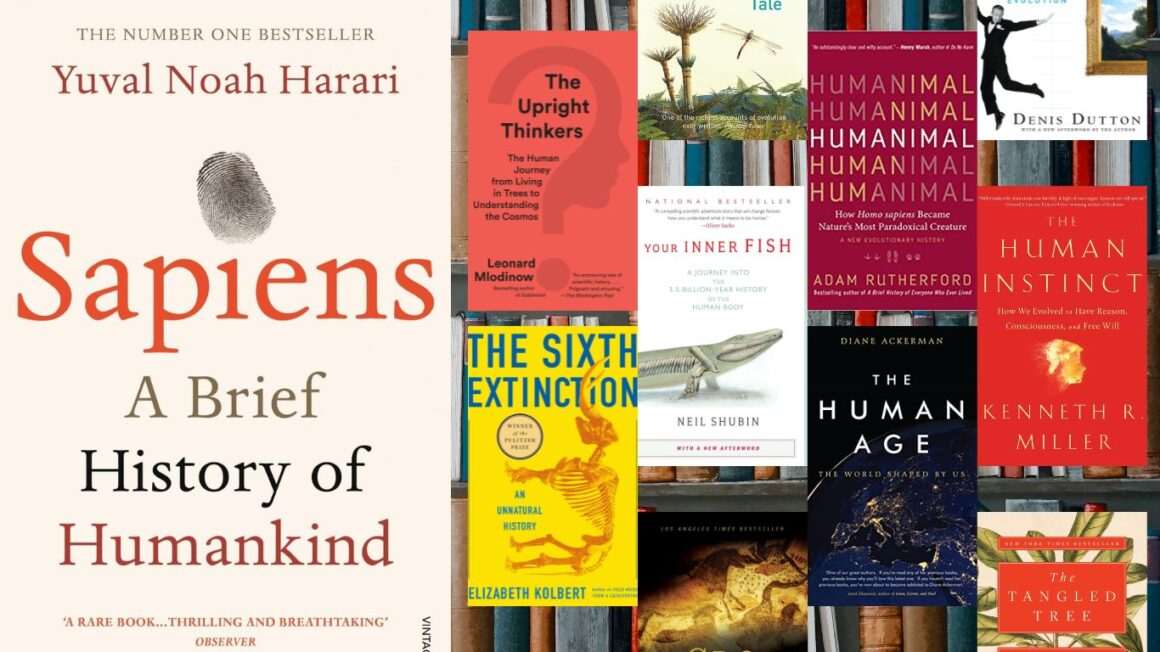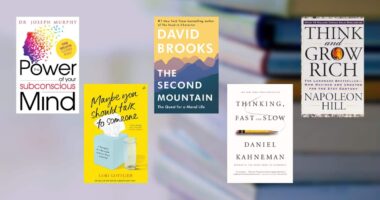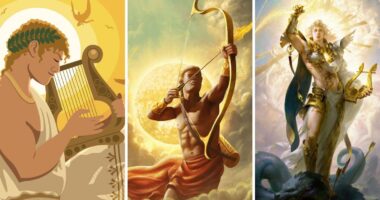Who are we? What is our purpose? How are we different? Where are we heading to? Sapiens by Yuval Noah Harari dares to ask these profound but overly thought of questions and answer them. We don’t study to know the history and sit with it. We learn and read to widen our horizons about the present situation and how to explain or deal with it. So, if you liked the way Harari explained humans and evolution, you are at the right place. In this article, we are going to read about 10 books similar to Sapiens Written by Yuval Noah Harari.
10 Books Similar to Sapiens Written by Yuval Noah Harari
The Sixth Extinction by Elizabeth Kolbert
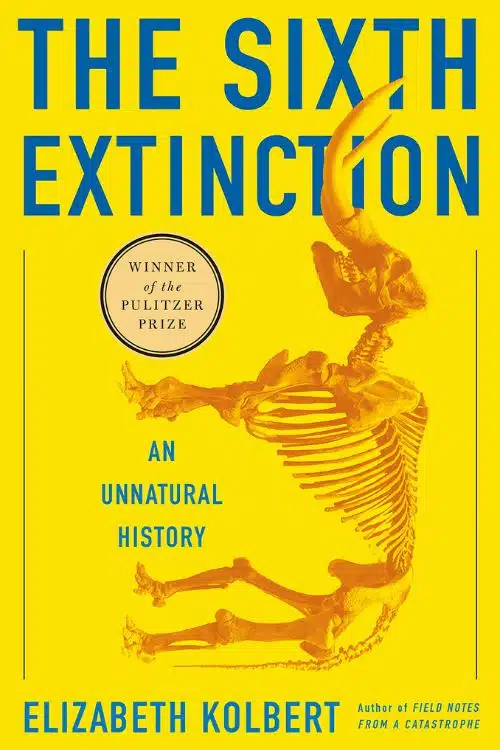
In the course of the last half-billion years, there have been five mass extinctions where the diversity of life on earth suddenly and dramatically contracted. Scientists all over the world are currently monitoring the sixth extinction, predicted to be the most notable after the extinction of dinosaurs. The time, the cataclysm is us. Elizabeth Kolbert explains why humans have lived on Earth in a way no species has before. She talks about the disappearances in front of our eyes. Through this book she explains how the sixth extinction is likely to be mankind’s most lasting legacy, forcing the readers to think about the fundamental question – what it means to be a human.
The Upright Thinkers by Leonard Mlodinow
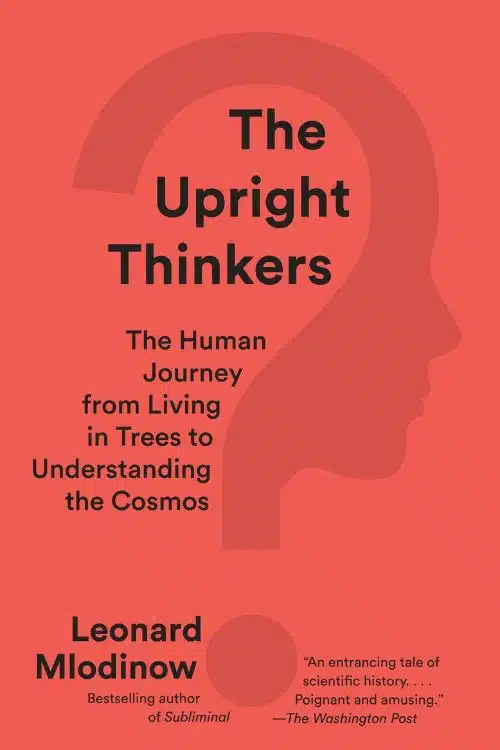
In an inspiring journey through the history of human progress, Mlodinow explains several aspects. He presents an astonishing look at the unique features of our society and species. This process helped humans to elevate from tools to written language. The Upright Thinkers is for science lovers and readers in general who are curious about science and history.
Your Inner Fish by Neil Shubin

Neil Shubin is a professor of anatomy and a leading palaeontologist. He discovered the missing link – Tiktaalik, which tells the story of evolution by tracing the human organs back several million years ago. After examining DNA and fossils, Shubin proves that our hands resemble fish fins. Shubin also shows that our heads are organized like an extinct jawless fish and primary parts of our genome function and seem like those of bacteria and worms.
Cro-Magnon by Brian M Fagan
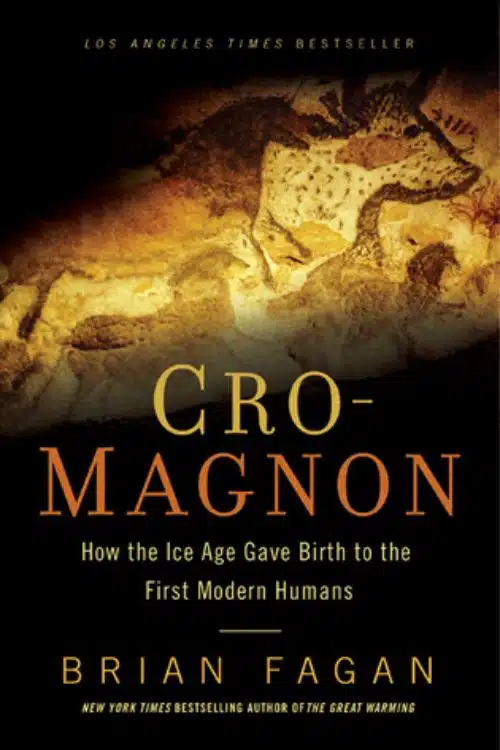
Cro-Magnons are the most adaptable and technologically creative people to have ever lived on this planet. The prolonged encounter between them and the archaic Neanderthals and the period between 45,000 and 30,000 years ago was one defining moment of human history. The Neanderthals managed to survive for some 15,000 years in the face of the newcomers but were eventually pushed aside by the Cro-Magnons by their superior intellectual abilities and cutting-edge technologies which allowed them to flourish in intense climates of the Ice Age. This book will take the readers on the journey of human experience and how they managed to survive and evolve.
The Ancestor’s Tale by Richard Dawkins
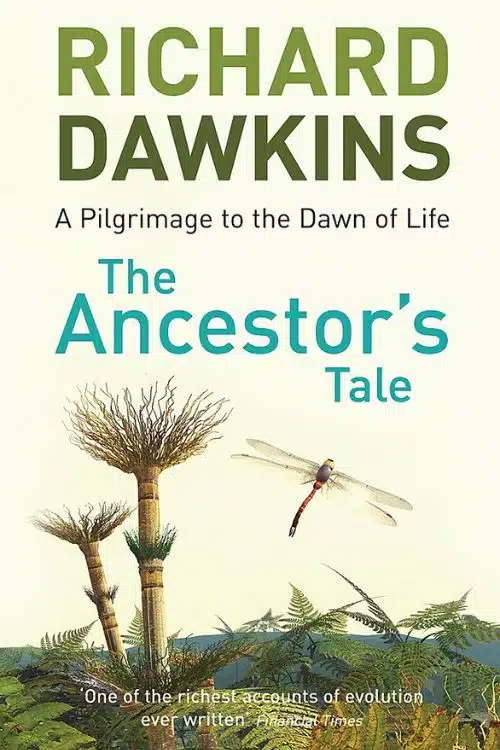
Dawkins’s extraordinary approach that takes us back four billion years ago allows us to perceive the connections between every life and us. It also allows him to shed light on speciation, sexual selection, extinction, geographical dispersal, genetics, and more. This book is loosely based on Geoffrey Chaucer’s Canterbury Tales, and accordingly, Dawkin will take his reason on a pilgrimage.
The Human Age by Diane Ackerman

Diane Ackerman confronts that only the human race is presently the single dominant force of modification on the planet. Humans have subdued more than 75 percent of the land surface, with industrial and medical marvels, and lightened all the darkness. At present, we collect DNA in a frozen ark and equip orangutans with iPad, creating technologies and synthetic species that might outsmart us. With her skill for making scientific discovery intelligible to the layperson, Diane Ackerman in this book takes us on a fascinating journey. We will be able to understand the bewildering new reality of existence introducing us to people and ideas protecting the future.
Humanimal by Adam Rutherford

Humans are not the only species that makes tools, communicates, or has sex for reasons other than procreation. Rutherford explores the deeper paradox of the “human animal.” Several things that are once considered exclusively human are not. Things such as in Australia, raptors have been seen to create fires to scatter prey; a chimp in Zambia known as Julie started the fashion of wearing grass in one ear.
The Human Instinct by Kenneth R. Miller

Scientists such as Sam Harris, Lawrence Krauss, and Richard Dawkins talk about how human thoughts, values, and intimate actions. They think of those as a byproduct of generations of mindless adaptations. Kenneth R. Miller explains how this view betrays a gross misunderstanding of the history of evolution. Natural selection certainly explains how our bodies and brains are designed. But, Miller argues that it is not a social or cultural theory. In this book, he rejects the idea that our biological heritage means that human imagination, action, and thought are all pre-determined. This describes the trajectory that eventually has us consciousness, reason, and free will.
The Tangled Tree by David Quammen

In this book, Quammen explains how the latest discoveries in molecular biology modify our understanding of life’s history and evolution. During the mid-1970s, scientists began to use DNA sequences to re-analyze the history of existence. Maybe the primary startling discovery of life’s diversity and its relatedness at the molecular level is horizontal gene transfer. David Quammen chronicles certain essential discoveries bringing the study of genome histories to endure a global crisis in public health.
The Art Instinct by Denis Dutton
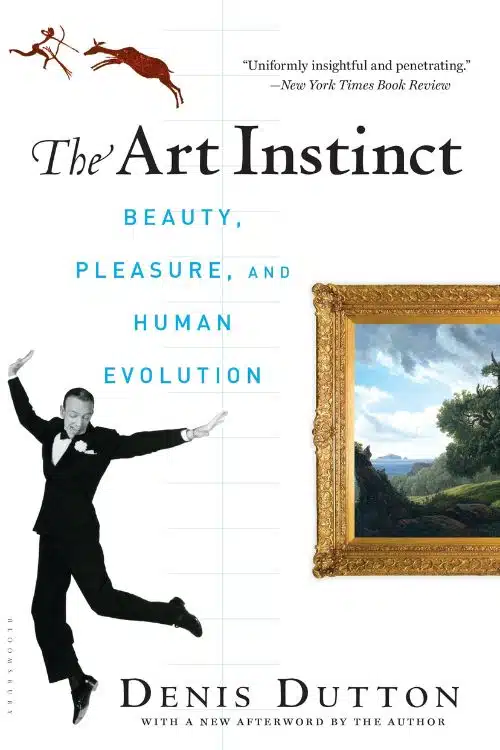
The Art Instinct combines two astonishing and debatable disciplines – evolutionary science and art. Dutton argues that human taste in art is an evolutionary trait. They are not just socially constructed as referred to by past academic theories and criticisms. Our love for beauty and aesthetics is innate. One of the examples would be our preference for distant trees and water bodies. Dutton explains that we must base art criticism on comprehension of evolution, not on abstract theories.
Also Read: 5 Self-Help Books That Can Change Your Life

